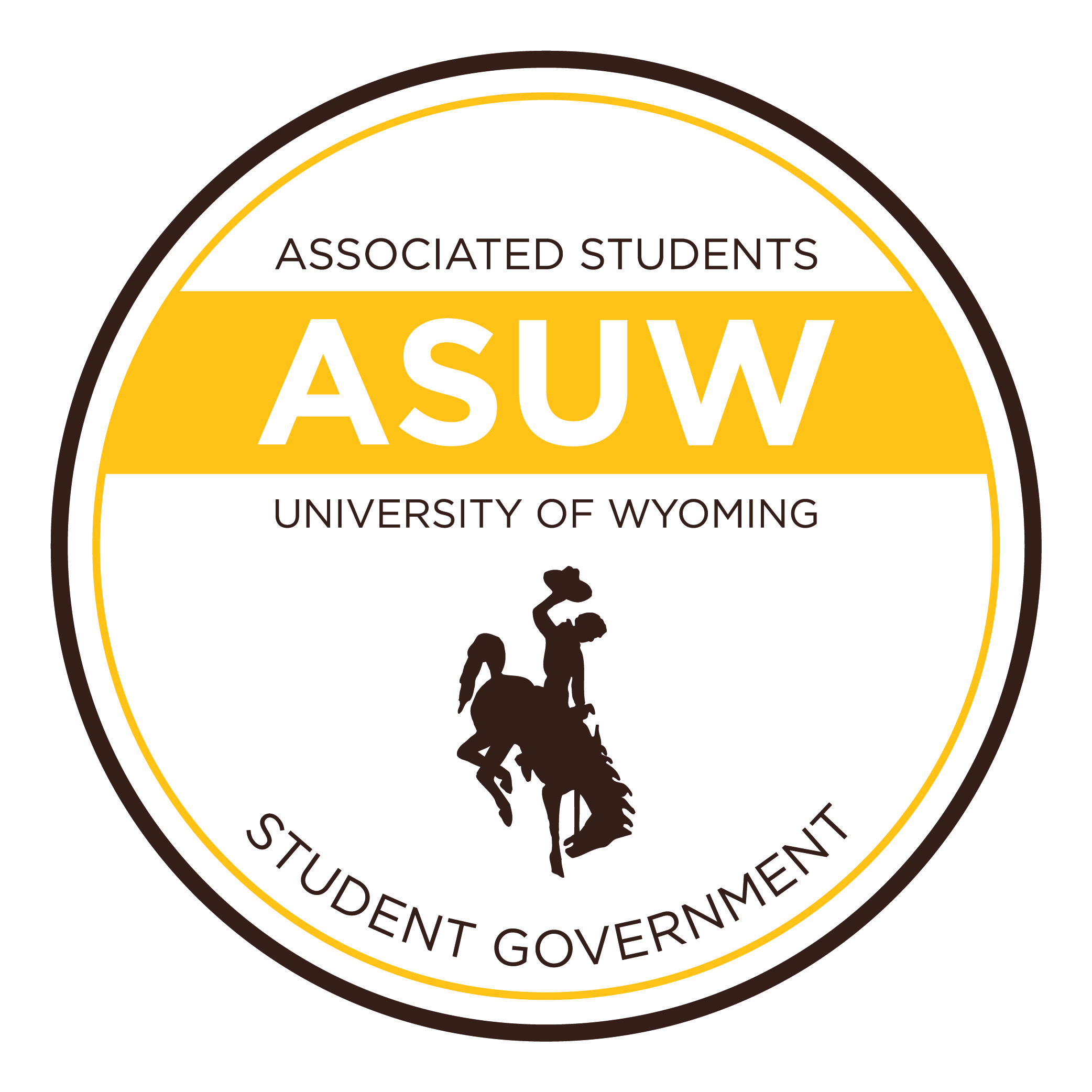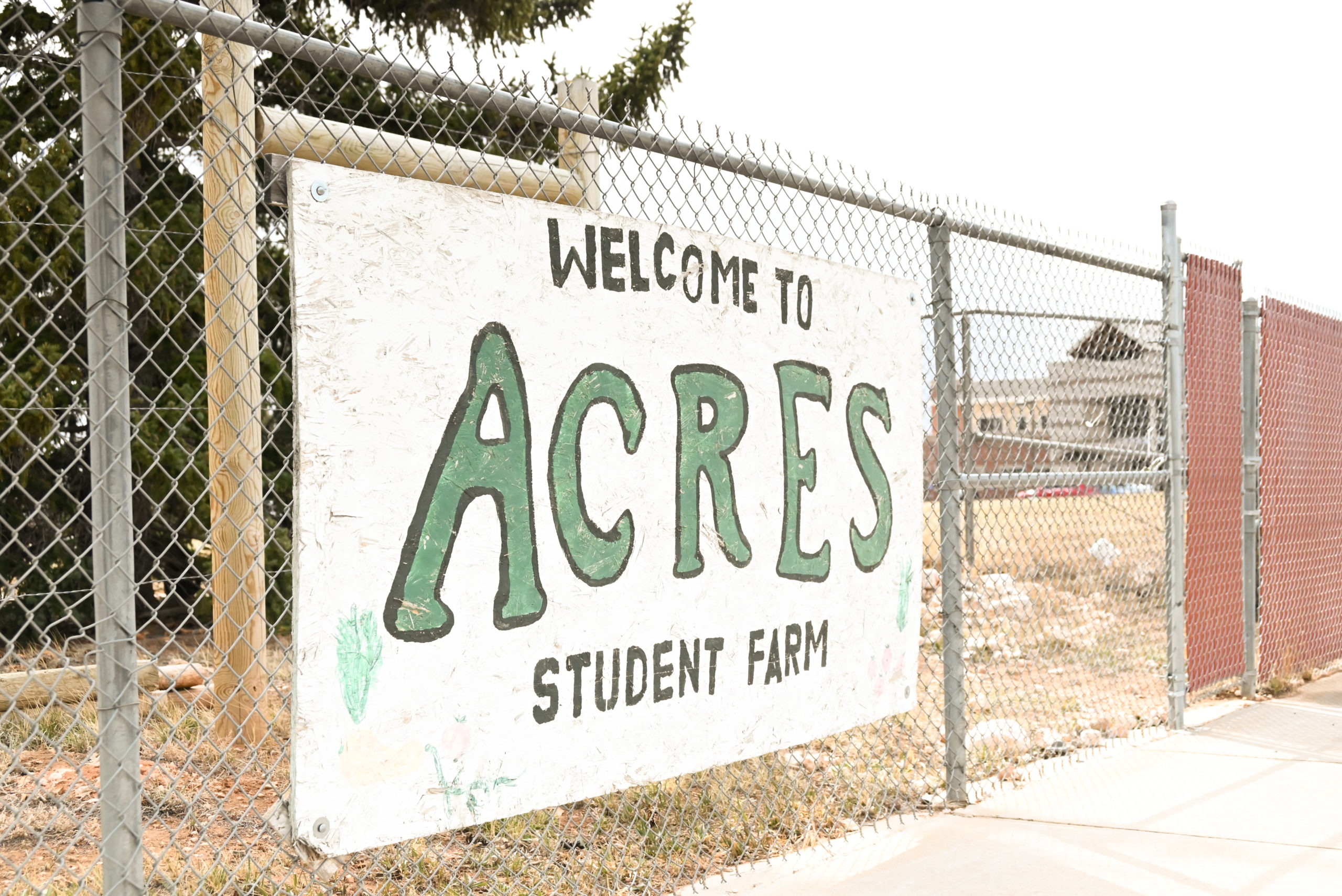 Some senators and executive staff members at the Associated Students of the University of Wyoming are growing uncomfortable with this year’s rise in event costs.
Some senators and executive staff members at the Associated Students of the University of Wyoming are growing uncomfortable with this year’s rise in event costs.
In spite of a $1,000 increase in average event cost, the student government has funded seven fewer events.
Citing a growing trend of campus groups working the system to their advantage, big changes to the finance policy could be on the horizon next semester.
According to numbers provided by ASUW Director of Finance Chris Haakinson, ASUW funded 25 events last year with an average cost of $3,000. This year, ASUW has only funded 18 events and the average cost per event jumped to approximately $4,000.
Haakinson said the jump in event cost is largely due to increases in how much campus groups are asking for to fund the large annual events, such as the October Diwali celebration that received $10,850.
“We’re doing our job of cutting money. It’s just these groups are coming back and getting the hang of how to ask for money. Our job is to fund the events because it is student fee money, but at what point do you draw the line and say, ‘This is too much?’” Haakinson said.
He said the RSO funding board tries to cut money from various categories, such as meals or copy and printing, but the committee members sometimes struggle with how much is too much.
“It’s tough because they are doing everything in their interest to fit the finance policy but do we really want to cut it some more so that we are not really funding them?” Haakinson said.
Based on Haakinson’s projections, the event money will be gone by late February or March.
Haakinson said the rise in event cost may warrant a look at changes to the finance policy. Currently, campus groups requesting ASUW funding for an event must attempt to find outside sources. These attempts can range in aggressiveness from sending a mass email to UW department heads to seeking business sponsorships upwards of several hundred dollars.
Campus groups often are asked by the funding board how hard they have tried to find outside money, but there is little consequence for being empty handed. RSOs are very rarely denied the funds they request.
Senators on the RSO funding board and the executive staff members have been discussing how best to curb this rise in event cost.
Haakinson suggested implementing an RSO evaluation form, which the board would be able to use for the groups that host events annually.

“If these RSOs are not putting on the events that we and the attendees want, then that could possibly affect their future funding,” Haakinson said.
Another possibility, one that Haakinson said he favored, would require RSOs to gather a percentage of funding from other sources—whether from UW departments, businesses, private sponsors or collection of member dues. Groups would be held partially responsible for their rising event costs.
Haakinson said changes to the finance policy will depend on conversations with Vice President for Student Affairs Sara Axelson and the RSOs. Any changes would have to be drafted into legislation and then approved by ASUW senate. No action is likely before spring semester.


